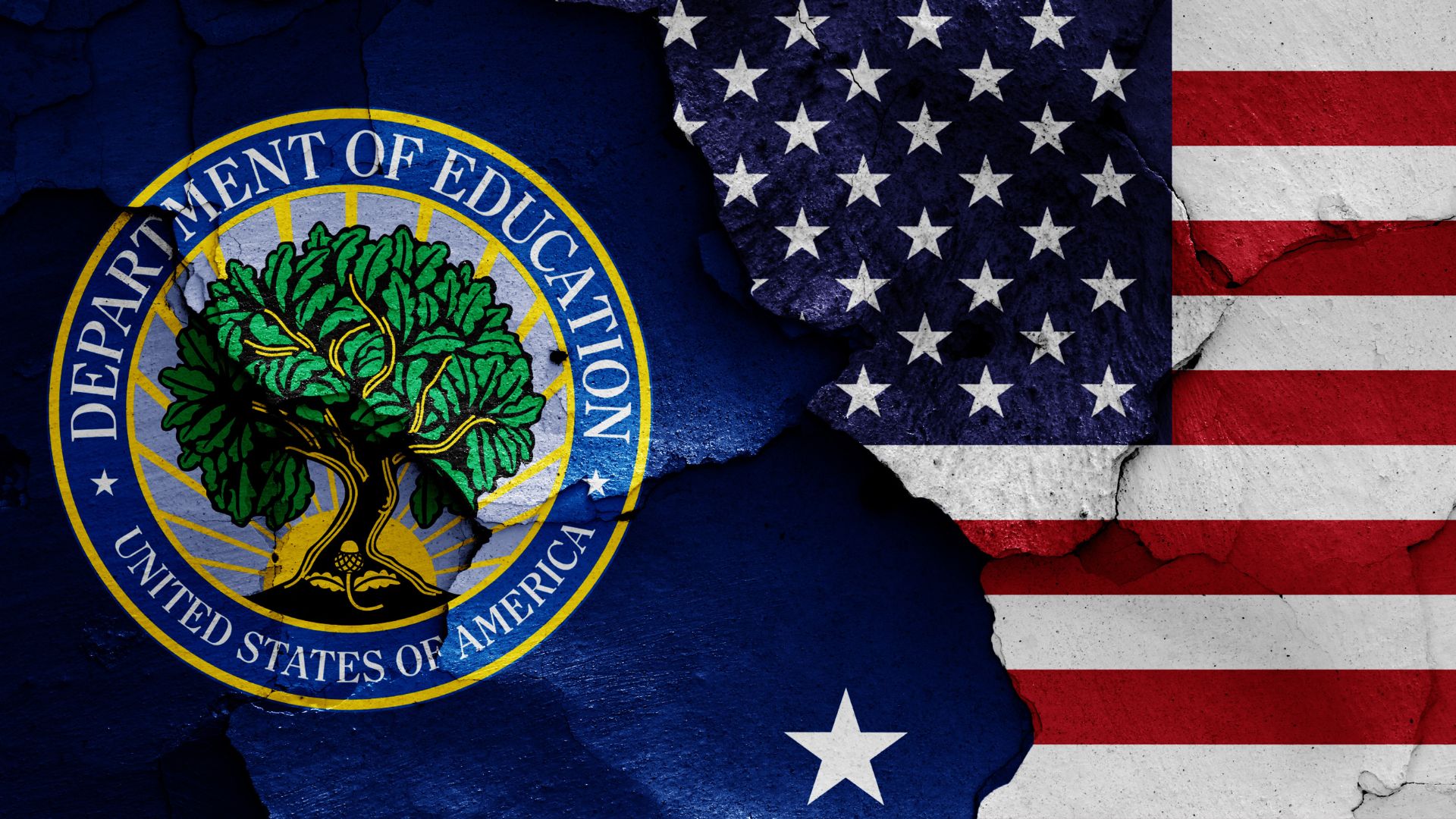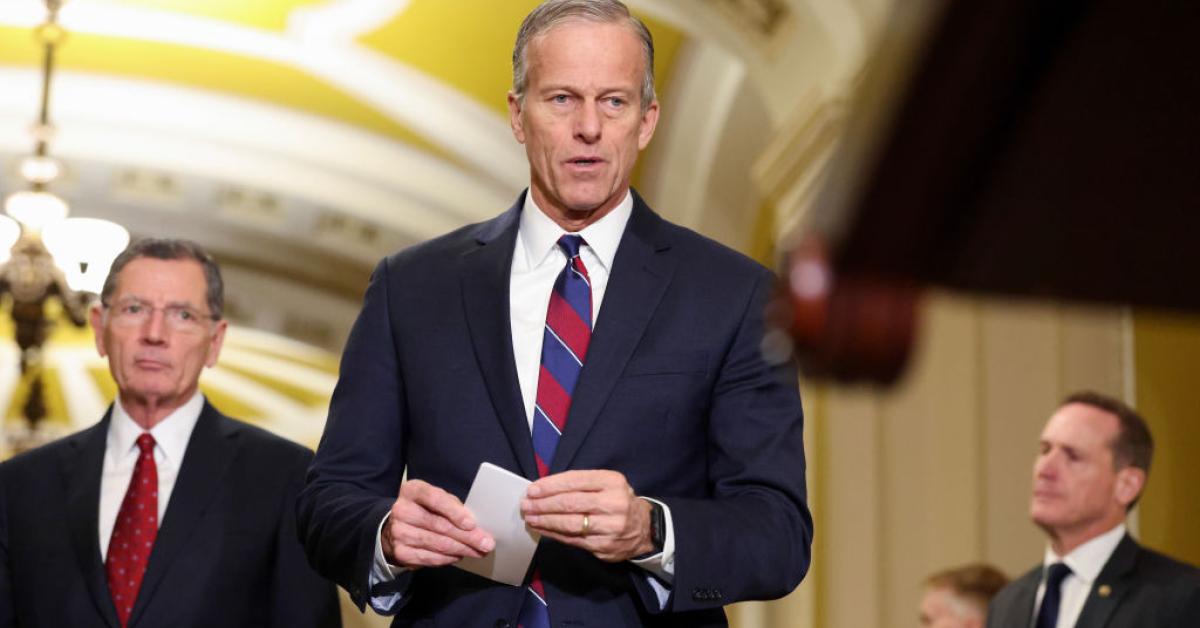A federal judge in Washington, D.C., has made headlines by choosing not to issue a temporary restraining order against Elon Musk’s Department of Governmental Efficiency (DOGE) team.
Judge Randolph Moss, appointed during Obama’s presidency, found that the University of California Student Association (UCSA) didn’t provide enough proof of actual harm. Their claims, according to Judge Moss, were mostly speculative.
Eric Thompson Show Podcast
On Monday, the decision was made public, revealing that the UCSA couldn’t convince the court that they would suffer irreparable damage. This student group, representing those in the University of California system, aimed to stop Musk’s associates from accessing student data stored by the Department of Education. However, the Judge found no signs that Musk or his DOGE team would misuse or share this information inappropriately.
The case reflects a pattern seen in other lawsuits against Musk and DOGE, where plaintiffs often struggle to establish legal standing. Elon Musk, known for his roles as Tesla CEO and owner of X, was at the center of this legal tug-of-war. During a recent hearing, Judge Moss expressed doubts about the Department of Justice’s arguments concerning DOGE’s role within the federal setup.
Judge Moss questioned DOGE’s operations, noting that the team seemed to be conducting data reviews across multiple government agencies. He remarked on the unusual nature of such activities, which appeared to surpass the typical responsibilities of a transition team. The judge highlighted the unprecedented speed and scope of their data collection efforts across the government.
In a related case, another federal judge in Washington imposed a temporary restriction on Musk’s team, limiting access to several Department of Education systems that contain sensitive data. This order is set to last until next Monday.
The UCSA’s lawsuit, backed by two legal organizations, argued that Musk’s operatives should be prevented from reviewing student loan application data due to privacy issues.
Students often provide personal details when applying for federal aid, and the plaintiffs feared this data could be misused beyond the department’s intended purposes. However, in court, UCSA’s legal representatives conceded they lacked evidence of data being used for immigration enforcement.
When pressed, they admitted there was no reason to believe the information was being used improperly for immigration purposes.
The court also referred to government statements about DOGE’s intended use of the data. It emphasized that any misuse would require immediate notification to the court. As things stand, the court found no reason to conclude the data would be employed for purposes outside the Department of Education’s statutory mission.
This legal battle is part of broader challenges involving Musk’s administration and federal agencies. Although Judge Moss’s ruling denies the restraining order, the ban on data access remains in place for the moment.
The case underscores ongoing concerns within the D.C. Circuit about the oversight of the executive branch and the extent to which new administration officials can access federal data systems.
As the situation unfolds, more legal developments are anticipated in the coming weeks. This case highlights the ongoing tension between privacy concerns and government efficiency. It serves as a reminder of the complex legal landscape surrounding data access within federal agencies.
The broader implications of this case continue to be a topic of discussion among legal experts and policymakers. As the courts grapple with these issues, the outcomes will likely influence future debates about data privacy and federal oversight.
The unfolding legal narrative is a testament to the dynamic nature of governance and the constant balancing act between transparency and privacy.



